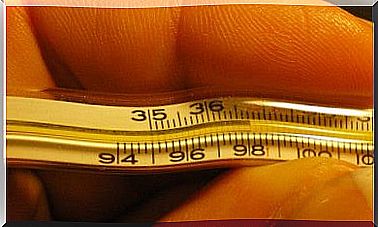What You Should Know About Weight Loss Medicines

There are myths, confusions and false information about weight-loss drugs. Unfortunately, a number of substances that promise to help people lose weight have gained popularity without proven effectiveness. In fact, they can even be harmful to your health.
Weight-loss drugs are exactly that: drugs! Therefore, they can only be prescribed by a doctor who evaluates and determines whether they are suitable for a specific case or not, depending on many factors.
It is also worth noting that slimming drugs are not a magic solution. Weight loss is a complex process that requires efforts on many fronts. While a medicine can help, it is of little use if not accompanied by proper diet and exercise.
Medicines to lose weight
That said, it should be noted that this type of medication works on the central nervous system, inhibiting the complex hypothalamic circuits that regulate the sensation of hunger and satiety. In other words, they help you have less appetite.
There are also other drugs that help speed up metabolism or have a diuretic or laxative effect. Likewise, there is the so-called “ fat burner ” that circulates in the market, is sold in supermarkets and pharmacies and its effectiveness is not supported by any scientific evidence.

The profile of the patient who uses these drugs
Weight-loss drugs are not suitable for everyone. In principle, pregnant women and nursing mothers should not use them. They are also not advisable for minors and in no case should they be taken without medical advice.
These types of medications are used when patients meet the following criteria :
- There is a diagnosis of obesity: the doctor classified the person as obese because their weight is 20% higher than the ideal according to their height and body build. In general, it corresponds to those with a BMI – Body Mass Index – equal to or greater than 30.
- Lower BMI with concomitant illness: there are cases where the BMI does not reach 30, but is greater than 27 and the person has problems such as diabetes, sleep apnea or high blood pressure. In that case, prescribing these medications is appropriate.
It should also be noted that in none of these cases are medications the first treatment option. They are indicated if the person has followed a diet and exercise regimen for a period between 3 and 6 months, without having been able to lose more than 5% of their weight. Likewise, the person must have a high motivation and commitment to the goal of losing weight.
Side effects of slimming drugs
Some medications – such as phentermine, benzophetamine, diethylpropion and phendimetrazine – can cause difficulty sleeping, nervousness or restlessness, in addition to headaches and high blood pressure. Only in a few cases were other side effects reported due to the use of this type of drug, which include:
- Yellow pigmentation in eyes and/or skin;
- dark urine;
- pale stools;
- Itchy skin;
- Abdominal pain;
- Loss of appetite.

Precautions and other data
It is important to note that some products sold over the counter in pharmacies and promoted as weight loss substances are not safe, as they are not supported by any scientific study.
Some of these products, especially those containing ephedra, ephedrine or caffeine, have been linked to reports of seizures, heart attacks, strokes and sudden deaths. Therefore, it is advisable to consult your doctor before ingesting this type of substance.
Finally, prescription drugs to lose weight lose their effect when they stop being consumed. Therefore, without an adequate diet and lifestyle, it is highly likely that weight lost will be regained when these medications are stopped.









